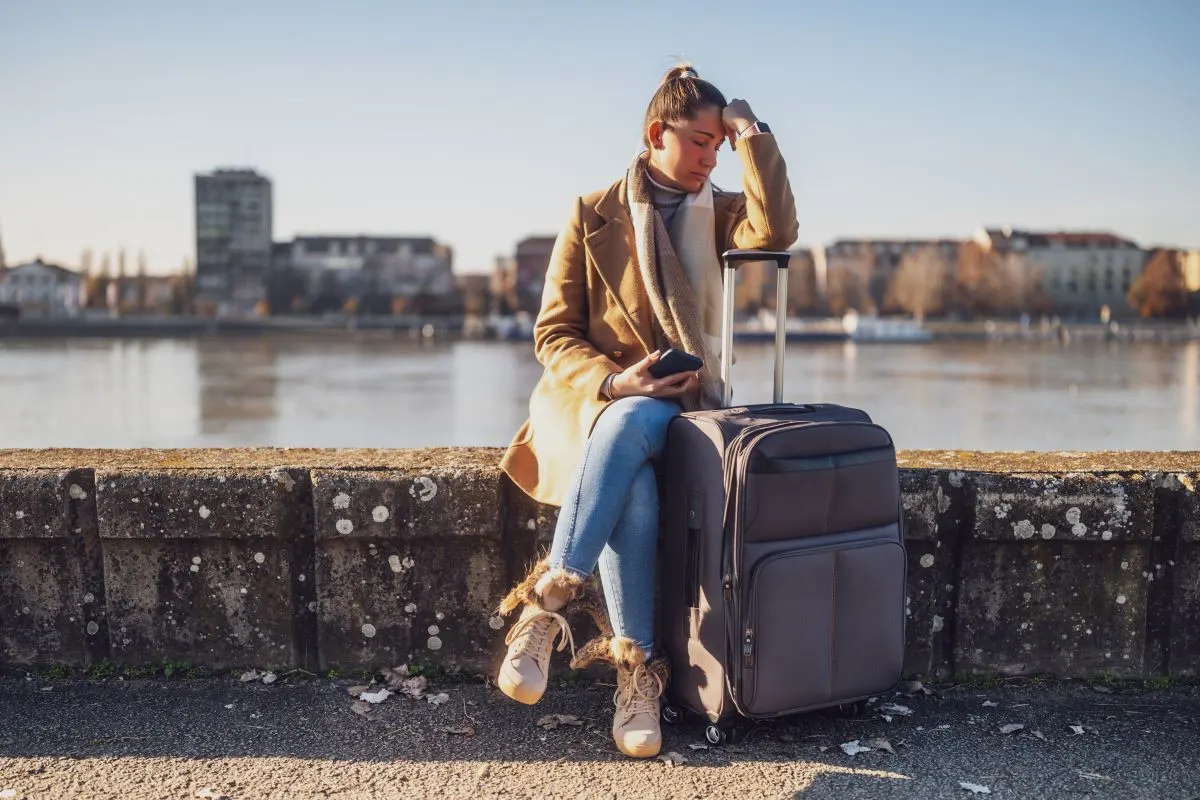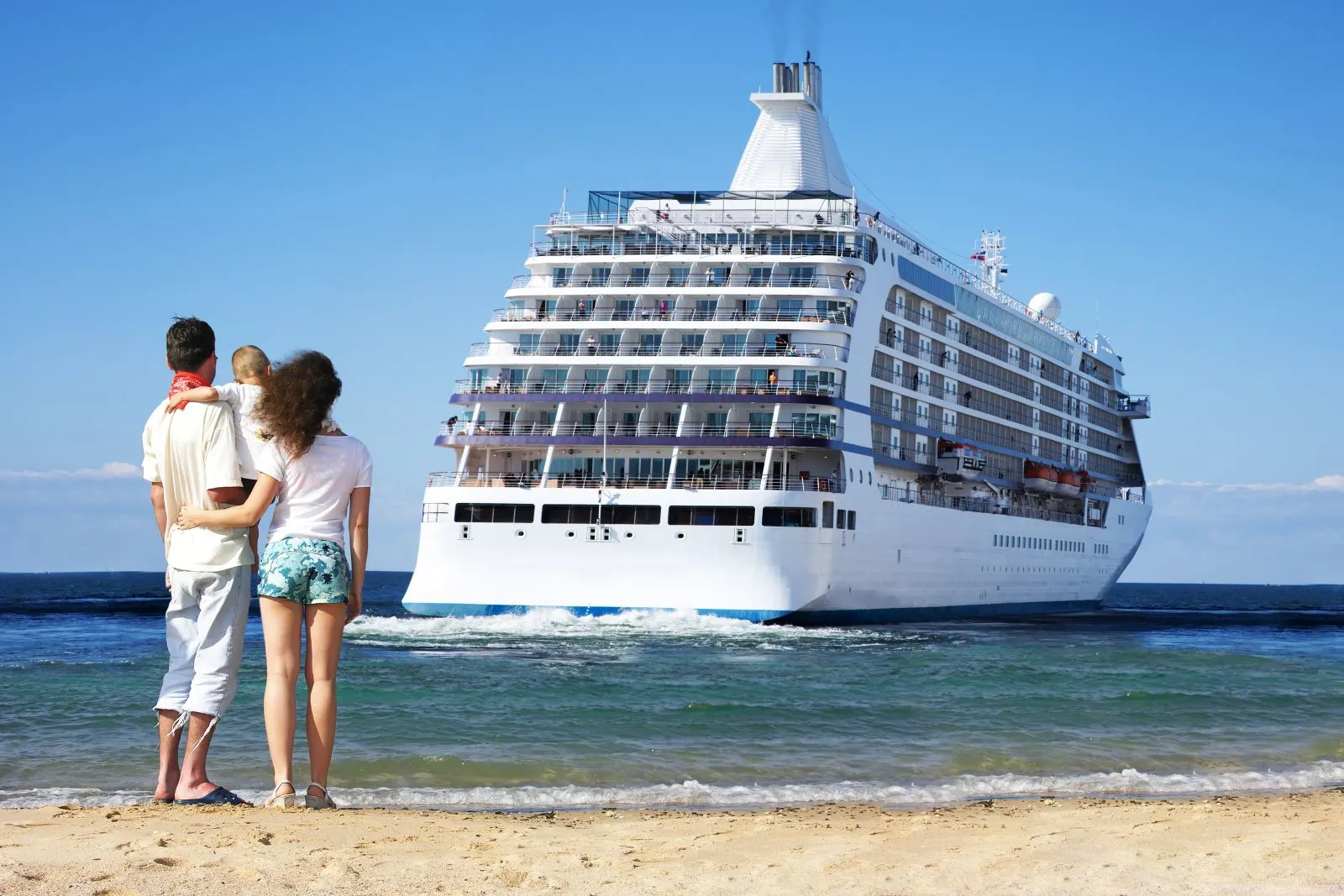Planning a trip to Turkey? It’s important to be aware of varying travel advisories depending on the region. While Turkey offers stunning tourist destinations, the U.S. Department of State has specific warnings for certain areas. Here’s a comprehensive guide to ensure a safe and enjoyable trip to Turkey.
General Safety

Image Credit: Shutterstock / Lepneva Irina
Turkey is a country of rich history and culture, with popular destinations like Istanbul and the coastal areas generally considered safe for tourists. However, travelers should remain vigilant and stay updated on local news.
High-Risk Areas

Image Credit: Shutterstock / Olmo Couto
The southeastern regions near the Syrian and Iraqi borders are high-risk due to terrorism and armed conflict. The U.S. Department of State advises against all travel to these areas. Always check for the latest updates before planning your itinerary.
Istanbul and Major Cities

Image Credit: Shutterstock / Aleksandr Ozerov
Istanbul, Ankara, and other major cities are bustling with tourists and are generally safe. However, like any large city, they have areas where petty crime can occur. Keep an eye on your belongings and avoid less crowded areas after dark.
Tourist Attractions

Image Credit: Shutterstock / frantic00
Popular tourist spots like Cappadocia, Ephesus, and the Turkish Riviera are safe for travelers. These areas are well-patrolled and have a strong security presence to ensure the safety of tourists.
Terrorism Concerns

Image Credit: Shutterstock / oneinchpunch
Turkey has experienced terrorist attacks in the past. While these incidents are rare, it’s crucial to stay alert, avoid large crowds, and steer clear of political demonstrations.
Demonstrations and Protests

Image Credit: Shutterstock / thomas koch
Political demonstrations can occur in Turkey, particularly in urban centers. While most are peaceful, they can turn violent. Avoid large gatherings and follow local media for updates on any planned protests.
Border Areas

Image Credit: Shutterstock / goodbishop
The areas near the borders with Syria and Iraq are particularly dangerous due to ongoing conflicts. The U.S. government strongly advises against travel to these regions.
Health and Safety

Image Credit: Shutterstock / 279photo Studio
Ensure you have comprehensive travel insurance that includes medical evacuation. Turkey has modern healthcare facilities in major cities, but rural areas may lack adequate services.
Transportation

Image Credit: Shutterstock / PV productions
Public transportation in Turkey is generally safe and efficient. However, be cautious when using taxis and ensure they are licensed. Avoid unmarked vehicles and use ride-hailing apps for added security.
Natural Disasters

Image Credit: Shutterstock / SDubi
Turkey is prone to earthquakes. Familiarize yourself with emergency procedures and have a plan in place in case of an earthquake.
Cultural Sensitivity

Image Credit: Shutterstock / Efired
Turkey is a country with deep cultural and religious roots. Dress modestly, especially when visiting mosques and religious sites, and be respectful of local customs and traditions.
Scams and Fraud

Image Credit: Shutterstock / Antonio Guillem
Tourist scams can occur in any destination. Be wary of overly friendly locals offering unsolicited help or deals that seem too good to be true. Always use reputable services and check reviews before booking.
Money and Currency

Image Credit: Shutterstock / Mike_shots
ATMs are widely available in urban areas, and credit cards are accepted in most places. However, it’s a good idea to carry some cash for smaller purchases or when traveling to rural areas.
Communication

Image Credit: Shutterstock / DavideAngelini
English is widely spoken in tourist areas, but learning a few basic Turkish phrases can be helpful and appreciated by locals.
Emergency Contacts

Image Credit: Shutterstock / LDprod
Save important contact numbers, including the local embassy or consulate, emergency services, and your accommodation’s contact details. Register with the Smart Traveler Enrollment Program (STEP) for updates and support.
Stay Informed

Image Credit: Shutterstock / Just Life
Regularly check the U.S. Department of State’s travel advisory page for Turkey for the latest information on safety and security. Staying informed will help you make the best decisions for your trip.
18 Countries That Don’t Want American Visitors

Image Credit: Shutterstock / InesBazdar
It’s time for a reality check, American travelers. As you pack your bags and head overseas, ready to stamp your passport, it’s becoming glaringly obvious that not every destination is thrilled to see you. 18 Countries That Don’t Want American Visitors
18 High-Crime Cities in the US You Should Avoid

Image Credit: Shutterstock / Iryna Inshyna
American cities promise rich culture and unforgettable experiences, but rising crime rates can catch travelers off guard. This guide helps you stay safe while fully enjoying your adventures. 18 High-Crime Cities in the US You Should Avoid
What Cruise Lines Don’t Want You to Know: 20 Candid Insights

Image Credit: Shutterstock / Pavel L Photo and Video
Thinking about booking a cruise for your next getaway? Let’s have a real talk first. While cruising might seem like a breezy way to see the world, there are a few not-so-sunny truths that might make you reconsider. What Cruise Lines Don’t Want You to Know: 20 Candid Insights
Featured Image Credit: Shutterstock / givaga.
The content of this article is for informational purposes only and does not constitute or replace professional advice.
The images used are for illustrative purposes only and may not represent the actual people or places mentioned in the article.
Tips for Trip Success
Book Your Flight
Find an inexpensive flight by using Kayak, a favorite of ours because it regularly returns less expensive flight options from a variety of airlines.
Book Your Hotel or Special Accommodation
We are big fans of Booking.com. We like their review system and photos. If we want to see more reviews and additional booking options, we go to Expedia.
You Need Travel Insurance!
Good travel insurance means having total peace of mind. Travel insurance protects you when your medical insurance often will not and better than what you get from your credit card. It will provide comprehensive coverage should you need medical treatment or return to the United States, compensation for trip interruption, baggage loss, and other situations.Find the Perfect Insurance Plan for Your Trip
PassingThru is a participant in the Amazon Services LLC Associates Program. As an Amazon Associate I earn from qualifying purchases.
To view PassingThru’s privacy policy, click here.
